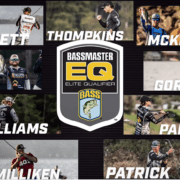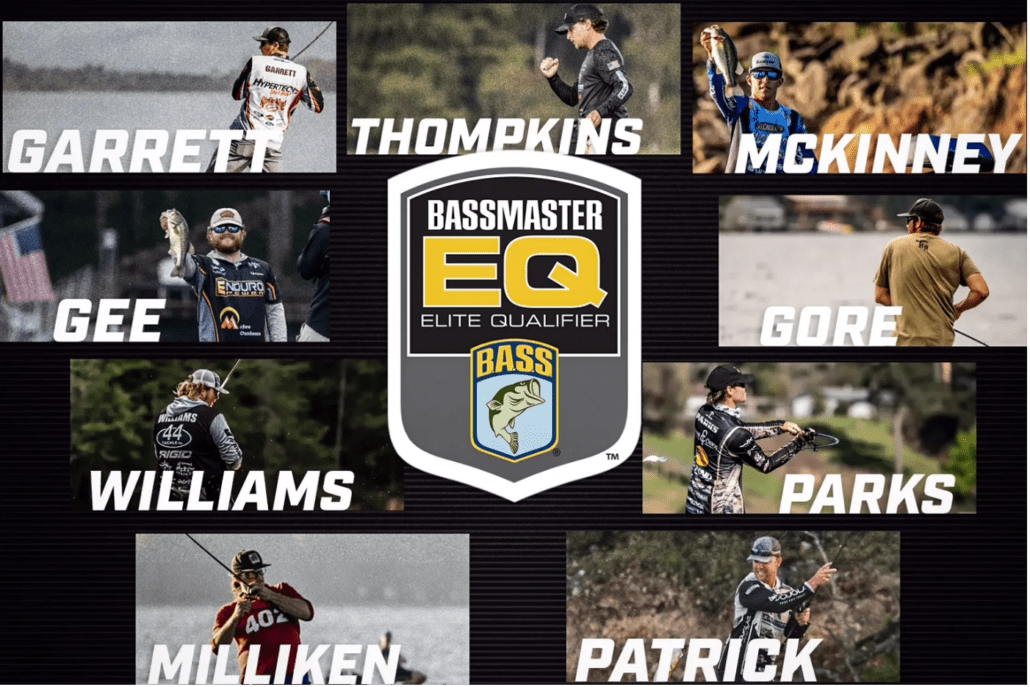
With high school and college fishing growing rapidly, there is no doubt that the competition is getting tougher and tougher. Young anglers are qualifying for the Bassmaster Elite Series now more than ever. We performed a study of the average age of Elite Series qualifiers from the last 15 years, and the trend we found shows that 2023 was a record year for Elite Series qualifiers.
Many have said this trend is a result of the popularity of forward-facing sonar, record-breaking numbers of competitors in college and high school tournaments, and the increasing of live coverage in professional tournaments like on FOX Sports platforms. Sure, lots of household names are losing to these young anglers, but young anglers succeeding on the Elite Series means that there is a long future for this sport.
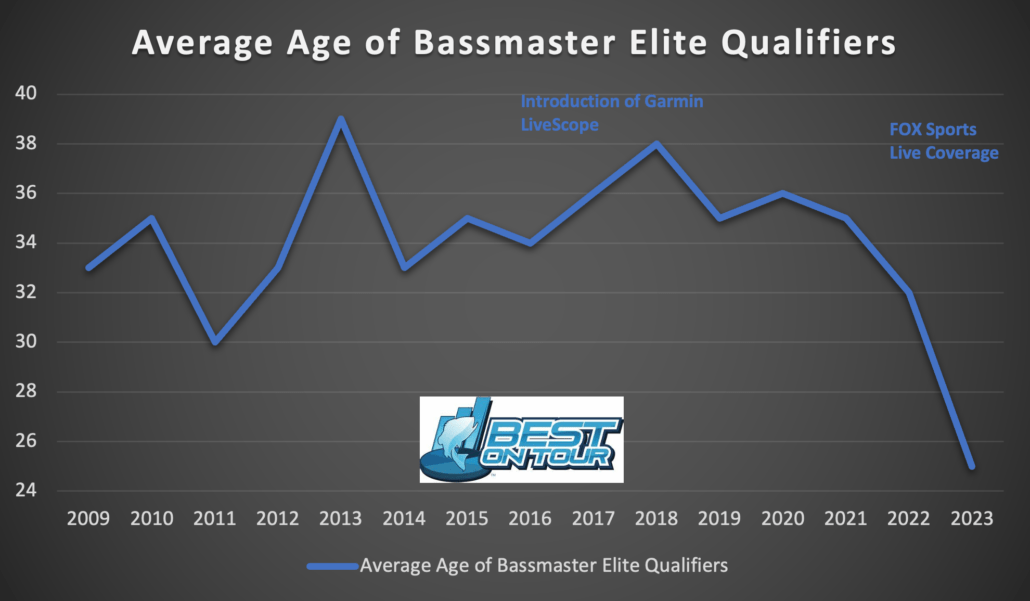
Not only are younger anglers qualifying for the Elite Series, they are also succeeding and staying consistent. Anglers like Joey Cifuentes III, Kyoya Fujita, and Jay Przekurat are still new to the Elites, but they have proven that they can compete with the veterans as they have already won blue trophies and finished in the top 10 of the Angler of the Year race. Anglers such as Drew Cook, Patrick Walters, and Kyle Welcher have also been successful over the last few years, and all 3 of them are around 30 years old. Not to mention they have all won either a blue trophy or AOY trophy already. Looking at the trend below, it is obvious that the ages of AOY contenders have been on an overall downward trend over the years.
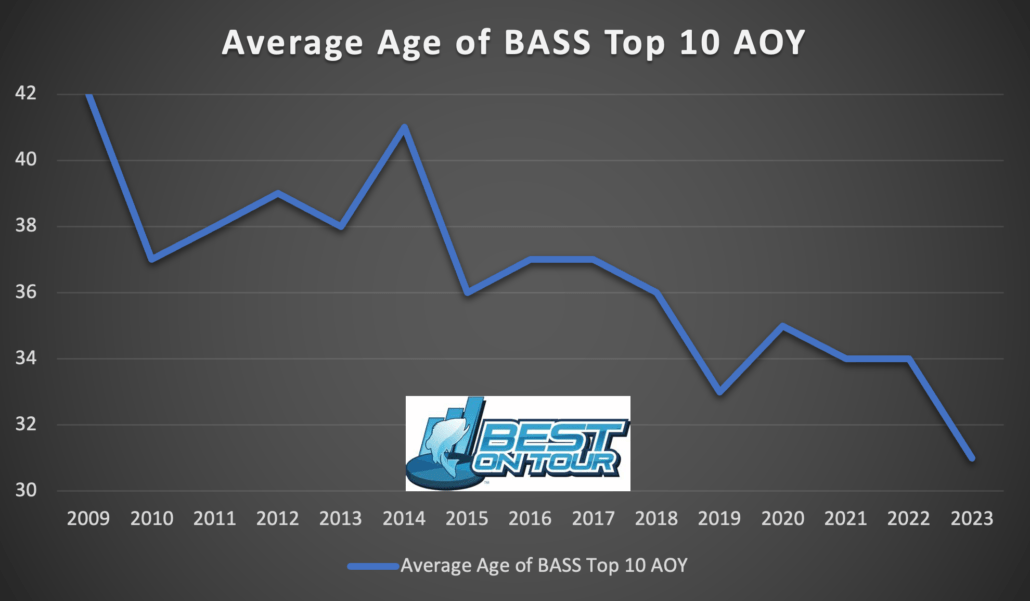
As mentioned, lots of young anglers are winning blue trophies, and the trend below shows that. From 2022 to 2023, the average age of Elite Series champs dropped 7 years which was the biggest change from one year to the next.
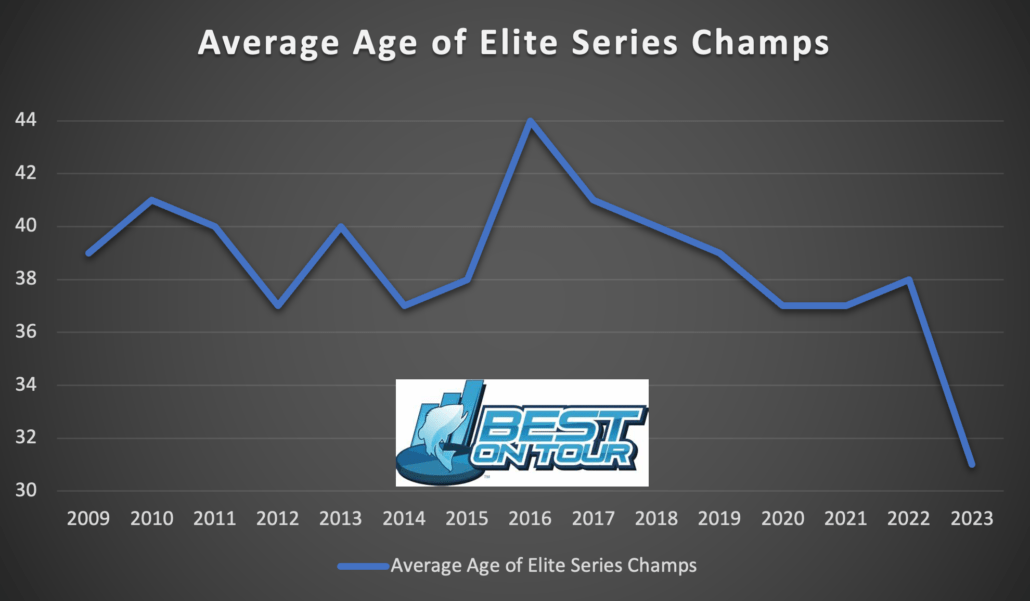
High school and college anglers may see these stats and think, “It’s my time to go pro!” However, winning high school and college tournaments is not an automatic guarantee that you will make it to the pro level. In fact, we found that the odds of making it from the Bassmaster Opens to the Bassmaster Elite Series are only about 1.7%. Check out the full blog on the odds of making it to the pro level here. So, you might be a young angler asking, “How do I make it to the pro level?”
The answers to this question cannot always be answered as easily as one might hope, but there are some things that a young angler shouldn’t do. In a recent video, Basssmaster Elite Series and Sunline pro Gerald Swindle gives 3 of the biggest mistakes that he sees young anglers make. Those 3 mistakes are: (1) they try to advance to the pro level too fast, (2) they focus more on getting sponsorships rather than catching fish, and (3) they are too scared to lose.
Elite Series pro Cole Sands also has some insight because of his success in the college ranks and just finished up his rookie year with a Bassmaster Classic qualification. Sands says, “The biggest mistake I see a lot of young anglers make is that they get caught up with catching fish every time they go out instead of learning every time they go fishing”. He adds, “I know high school and college anglers that will go out and beat on the same group of fish for a month straight. Whereas the angler that goes out trying to find a new spot or dial in a new technique every time they go will be better in the long run”.
So, what are some things that a young angler can do to increase his or her chances of making it to the pro level? Here are a few things that can be done based on the comments from Sands and Swindle.
- Know that there is always room for improvement—Just as Gerald Swindle says, many young anglers try to advance too fast. Don’t skip steps just to rush the process of making it to the pro level. Fishing in high school and college can be a great learning experience for an angler because the competition is fierce, and the lakes are often the same lakes visited on the professional level.
- Focus more on catching fish rather than gaining sponsorships—Most high school and college teams have their own team sponsorships, but many young anglers seem to want their own personal sponsorship. Focus more on supporting the brands that already support you and catch fish in the meantime! For college anglers, discounts and incentives can be found through this link.
- Don’t be scared to do what it takes to win—Winning starts with putting in as much time on the water as possible. Fishing has been known to be a mental game, and gaining confidence in new techniques and new areas can often be the biggest factor in winning. As Cole Sands says, this might mean taking a break from fishing for the same group of fish. Sure it can be hard to leave when you know the fish are there, but trying new locations rather than forcing the same group of fish to bite when they have already seen several different lures can make a big difference.

